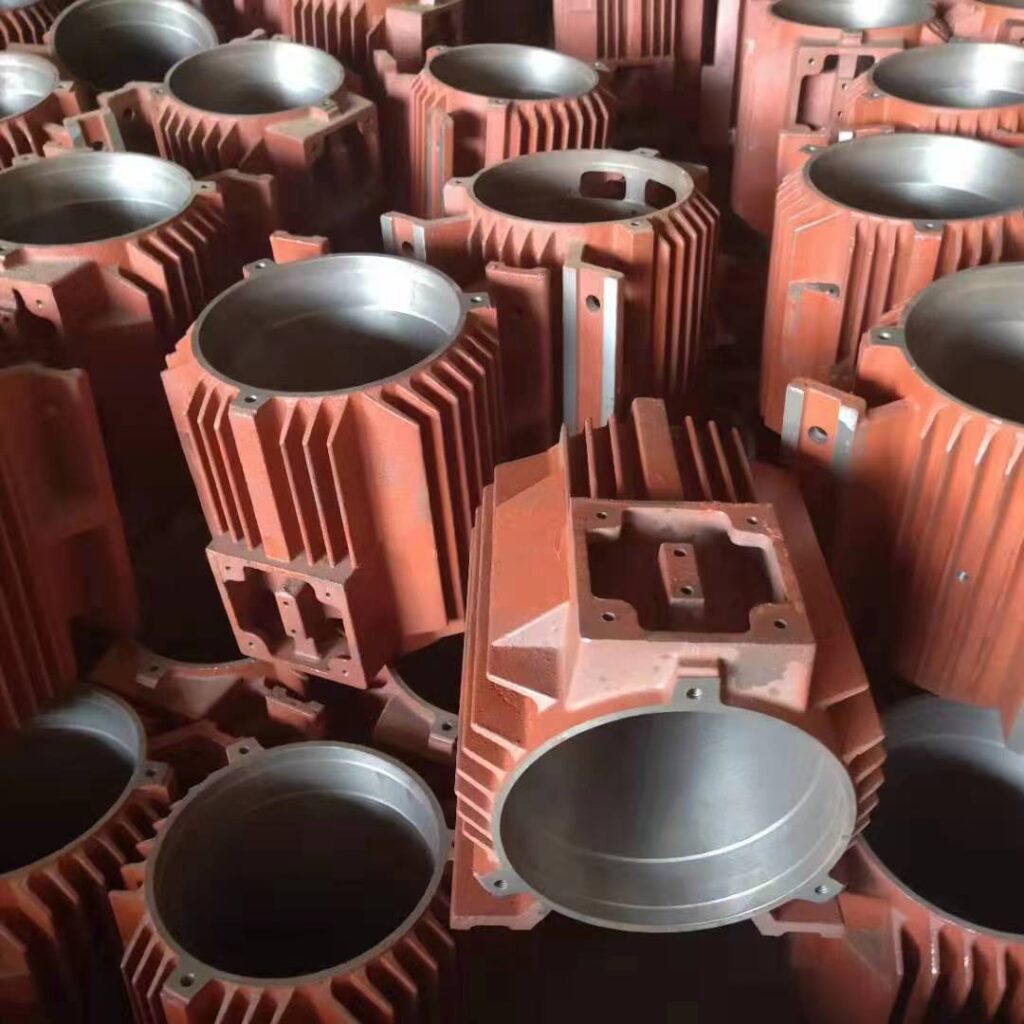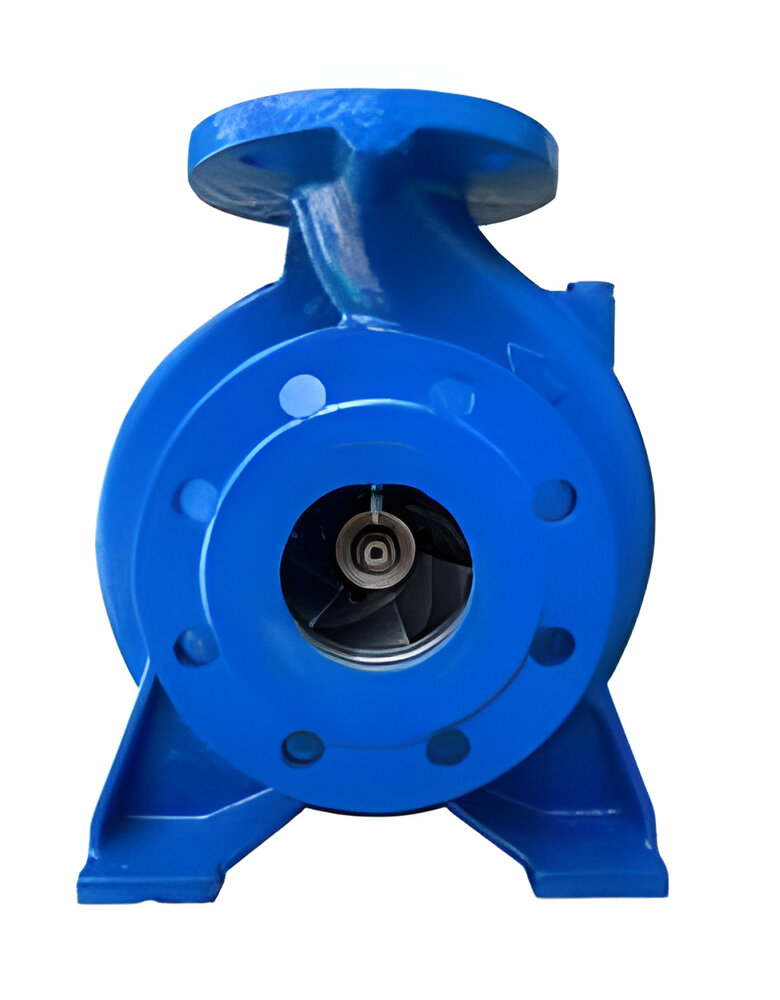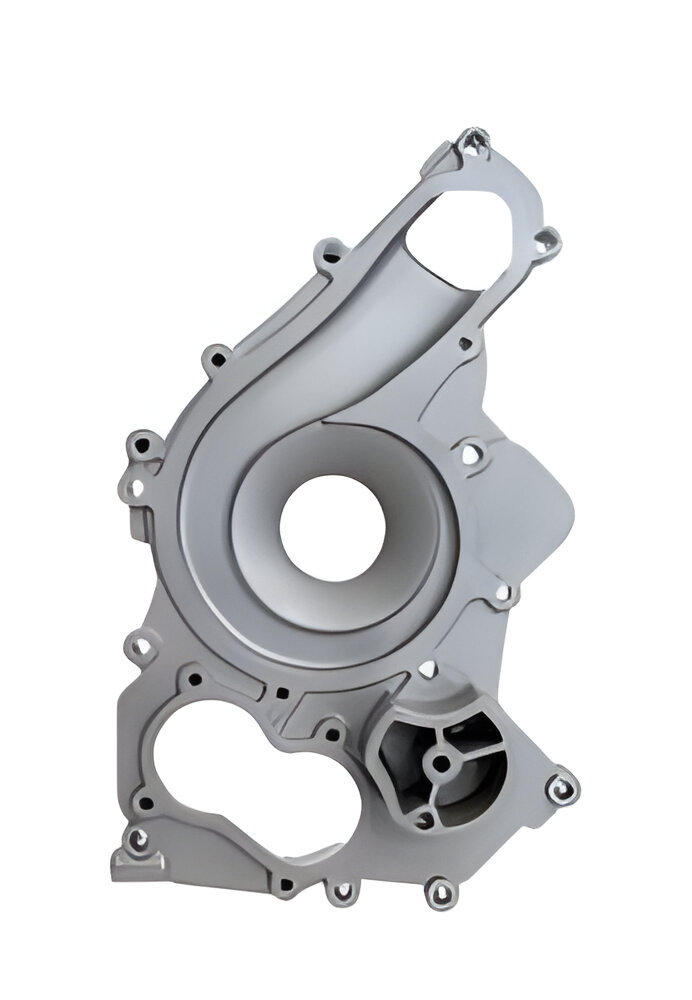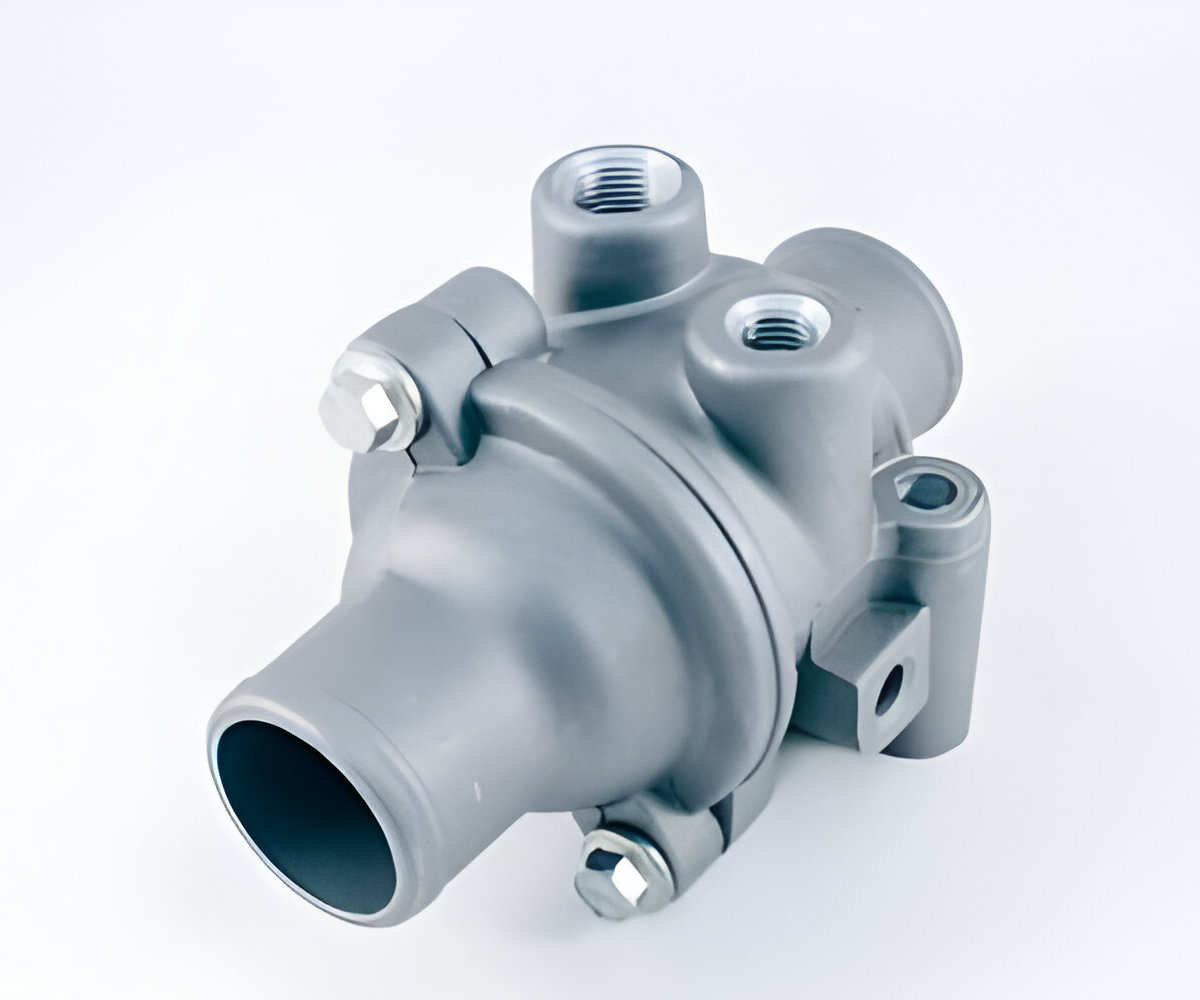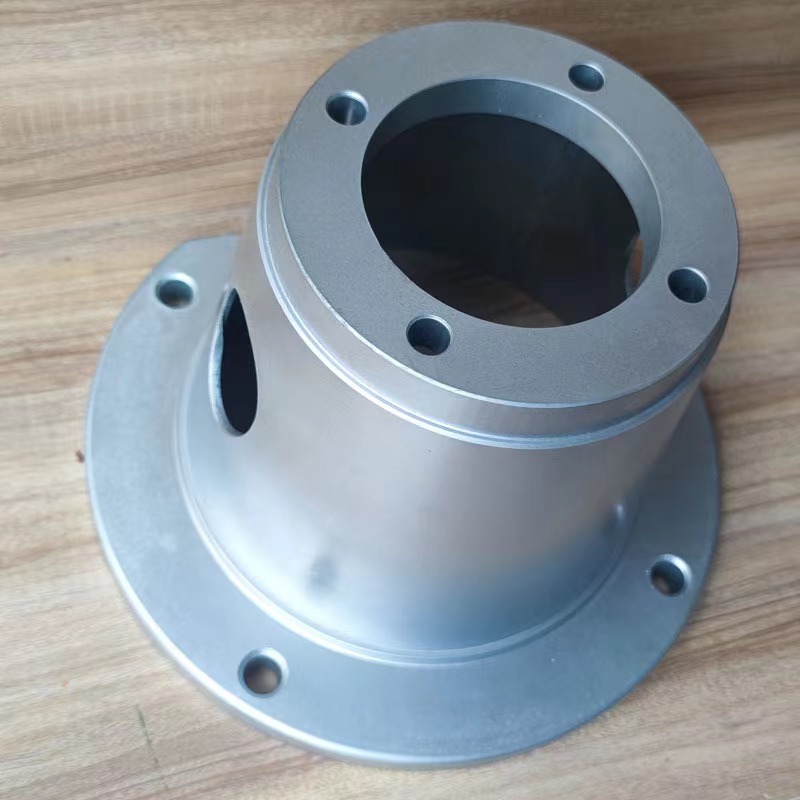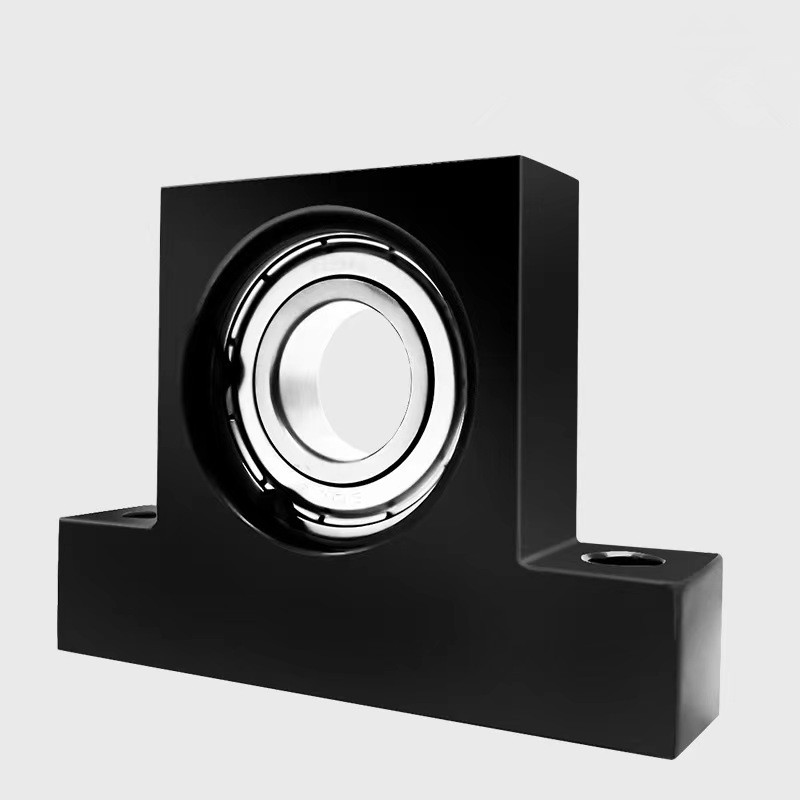In the realm of machinery and engineering, the efficiency and longevity of electric motors are heavily reliant on the integrity of their components. Among these crucial elements, the motor shaft casing stands out as a key component that plays a pivotal role in safeguarding the motor shaft and ensuring optimal performance. Let’s delve into the significance of motor shaft casings, exploring their functions, construction, and importance in various applications.
Understanding Motor Shaft Casings:
Motor shaft casings, also known as motor housings or motor casings, are protective enclosures that surround the motor shaft assembly. These casings serve multiple purposes, including providing structural support, insulation, and protection against environmental elements and mechanical damage.
- Motor Housing: The motor housing, encompassing the motor shaft casing, serves as the primary enclosure for the internal components of the electric motor. It provides a robust barrier against moisture, dust, and debris, shielding the motor shaft from corrosion and wear.
- Motor Housing Cover: A motor housing cover is often included to seal the motor housing, further enhancing its protection against external contaminants. This cover also contributes to the overall aesthetics of the motor assembly while ensuring easy access for maintenance and inspection.
- Motor Housing Parts: Motor shaft casings consist of various components, including flanges, end bells, and bearing housings, which are meticulously engineered to facilitate the assembly and secure attachment of the motor shaft within the casing.
Key Features and Benefits:
- Robust Construction: Motor shaft casings are typically constructed from durable materials such as aluminum, cast iron, or stainless steel, ensuring resilience against mechanical stresses and environmental factors. This robust construction enhances the longevity of the motor assembly, reducing the risk of premature failure and downtime.
- Precision Engineering: Motor shaft casings are manufactured using advanced techniques such as casting or machining, allowing for precise dimensions and tight tolerances. This precision engineering ensures optimal alignment and fitment of the motor shaft within the casing, minimizing friction and wear during operation.
- Corrosion Resistance: With exposure to harsh operating conditions, motor shaft casings are often subjected to corrosive agents such as moisture and chemicals. To combat corrosion, these casings are coated with protective finishes or made from corrosion-resistant alloys, prolonging their service life and preserving the integrity of the motor assembly.
Applications and Industries:
Motor shaft casings find widespread use across various industries and applications, including:
- Industrial machinery
- Automotive systems
- HVAC (Heating, Ventilation, and Air Conditioning)
- Aerospace and defense
- Renewable energy
From powering conveyor belts in manufacturing facilities to driving fans and pumps in HVAC systems, motor shaft casings play a vital role in numerous applications, ensuring reliable performance and efficiency.
In conclusion, motor shaft casings are indispensable components of electric motors, providing essential protection and support to the motor shaft assembly. With their robust construction, precision engineering, and corrosion-resistant properties, motor shaft casings enhance the performance and durability of electric motors in diverse industrial sectors.
For premium-quality motor shaft casings and related components, visit our website (kt-foundry) to explore our extensive product catalog and technical expertise.

